Understanding how climate change impacts violence in the Sahel can predict its role in destabilization and conflict globally. Read more...
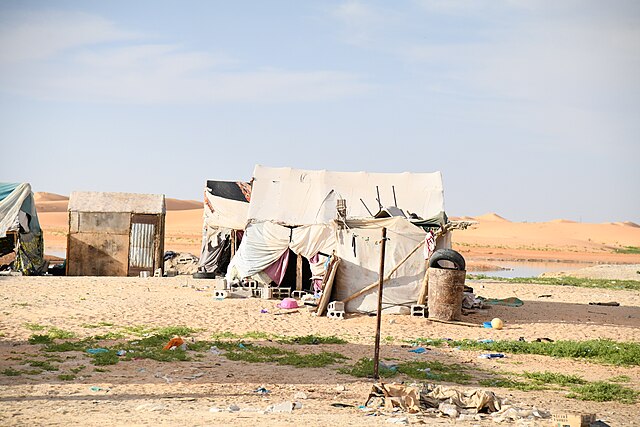

Understanding how climate change impacts violence in the Sahel can predict its role in destabilization and conflict globally. Read more...
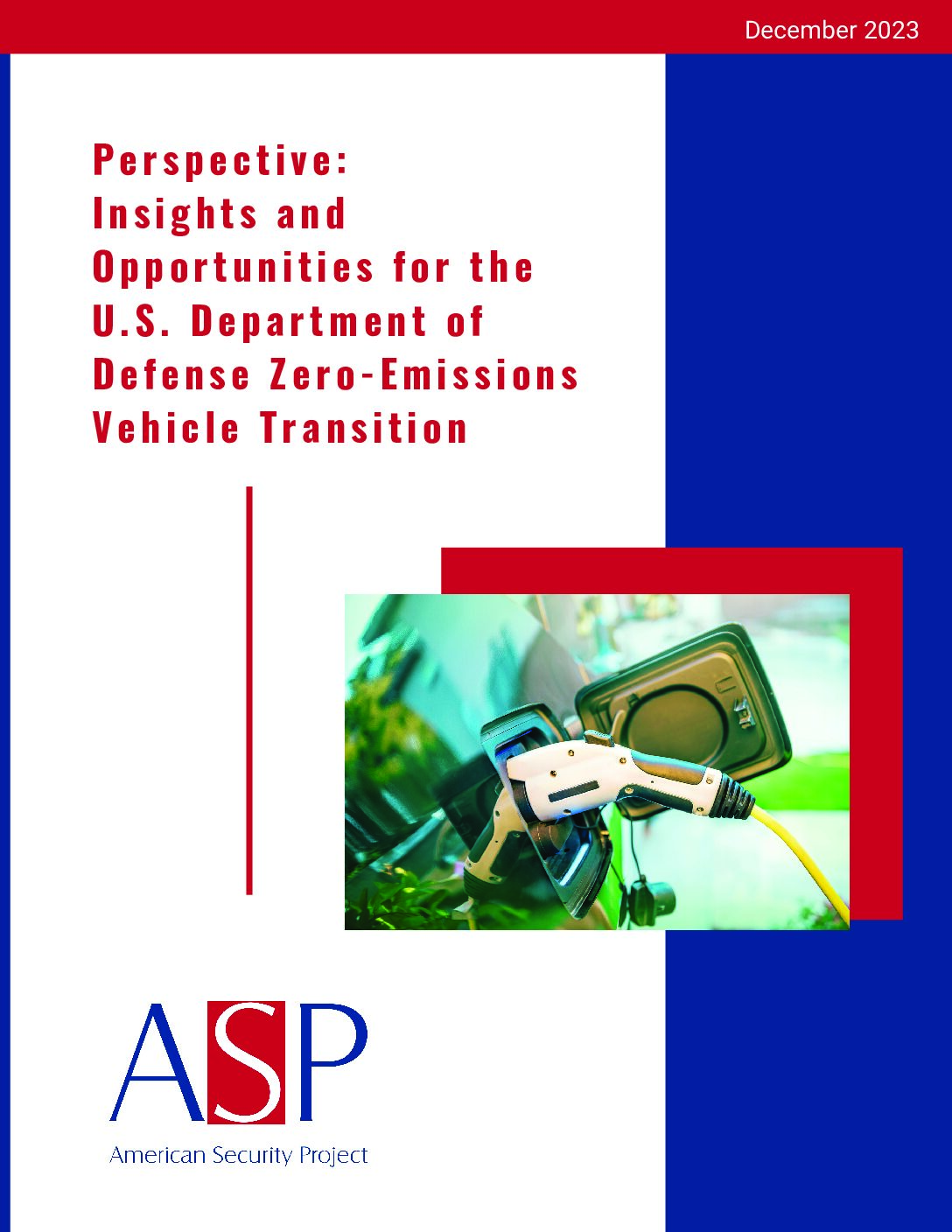
The Biden Administration’s Executive Order 14008, “Tackling the Climate Crisis at Home and Abroad,” and Executive Order 14057, “Catalyzing Clean Energy Industries and Jobs Through Federal Sustainability,” directed the Department of Defense (DoD) and the service branches to develop plans and strategies for transitioning fossil fuel-based internal combustion engine (ICE) vehicle fleets to zero-emission vehicles (ZEVs). ASP created this report to educate and inform policymakers and key stakeholders about the objectives, challenges, and opportunities which exist as DoD’s continues its enterprise-wide fleet transition. Read more...
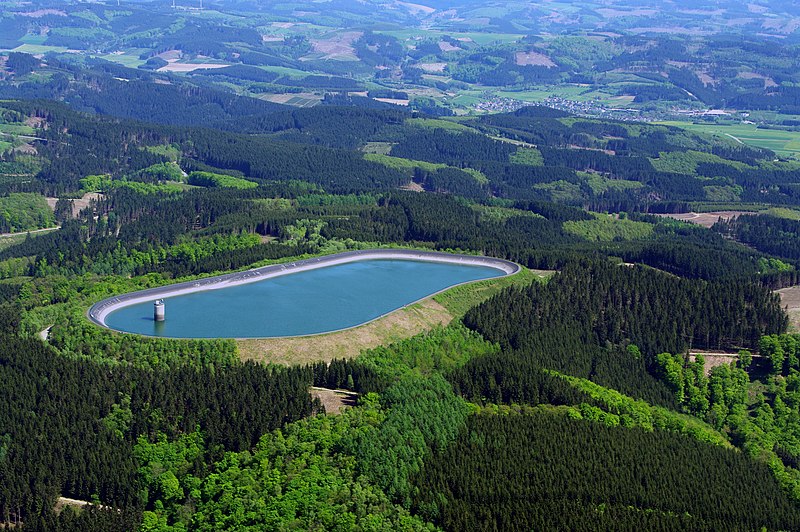
While clean energy is the key to unlocking a new and green future, it faces one major challenge: storage. Renewable energy is very good at producing energy; however, due to natural inconsistencies in their sources, like weather patterns, renewables experience fluctuations in their availability. Read more...
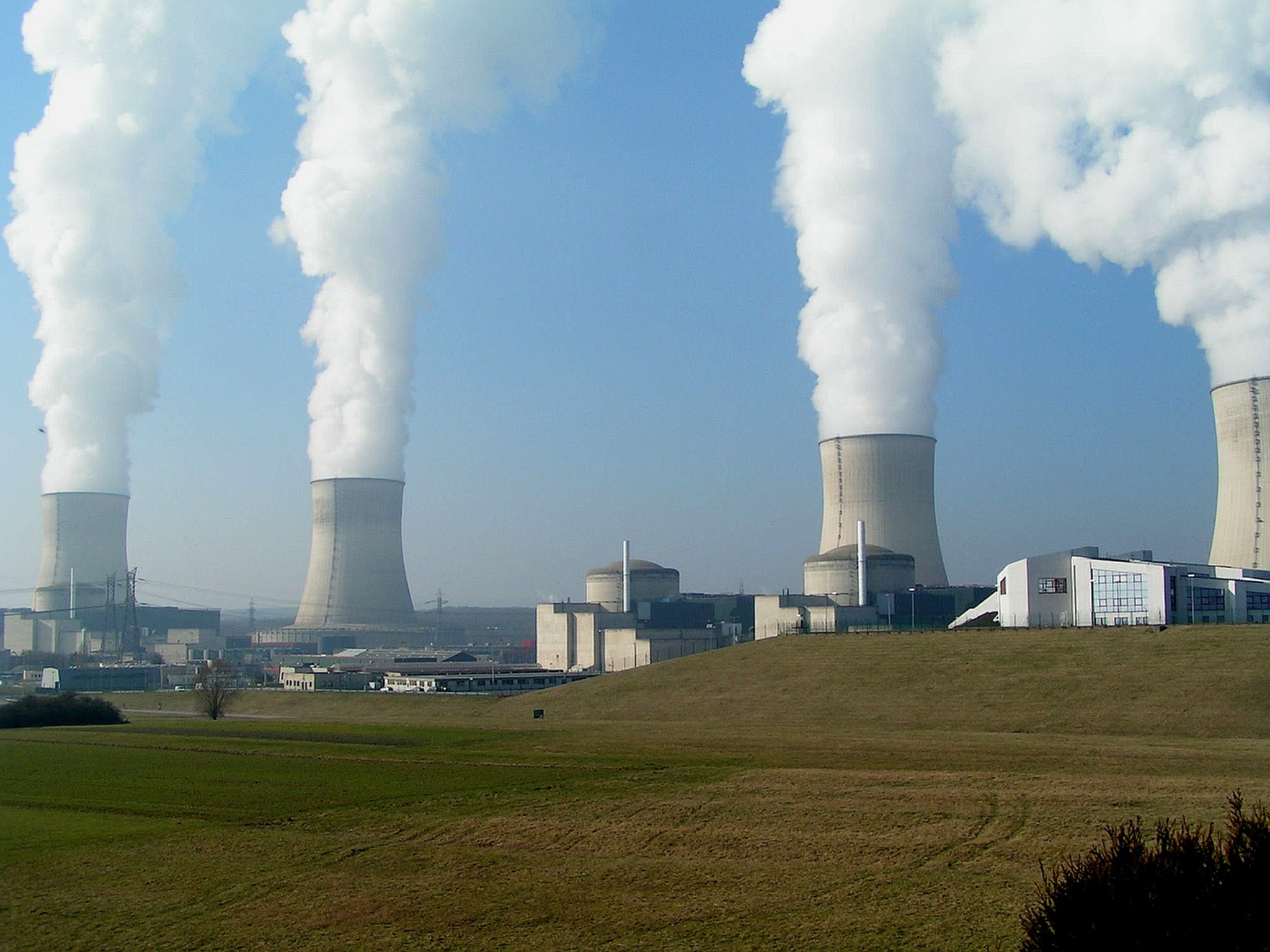
With nuclear power in the news, thoughts may move to how safe it really is. The good news it that there are many reasons to feel secure about its use, among them human health, that it grows safer all the time, and its role in fighting climate change.Read more...
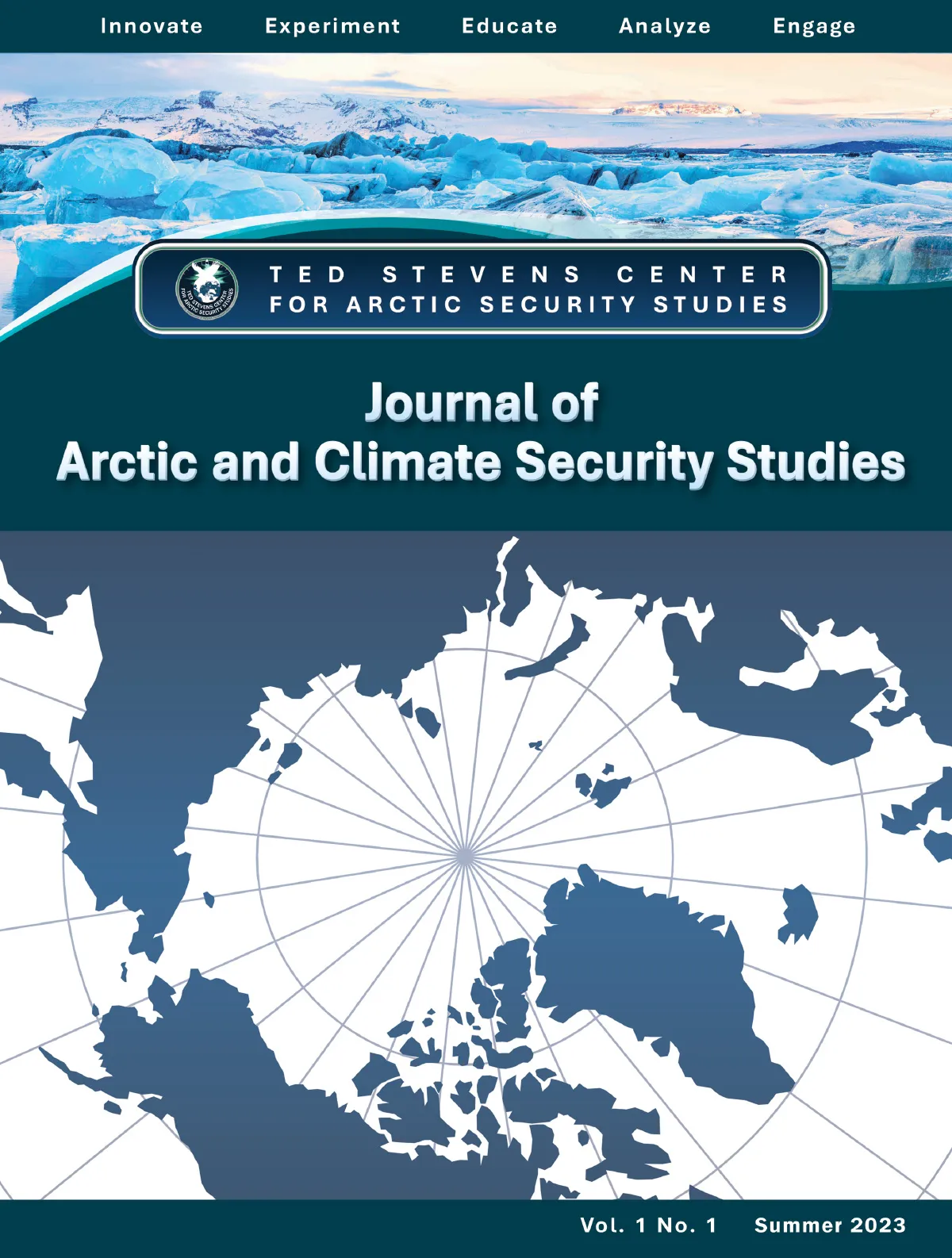
Climate Security Programs Director Jessica Yllemo and Tucker Hamilton write on Arctic Security for Ted Stevens Center’s Journal of Arctic and Climate Security Studies.Read more...

From Colorado River management to record setting extreme heat—Arizona has been front and center of climate risks and hazards. How Arizona manages and mitigates climate risk has profound implications not just for individuals and communities, but for U.S. national security. Read more...
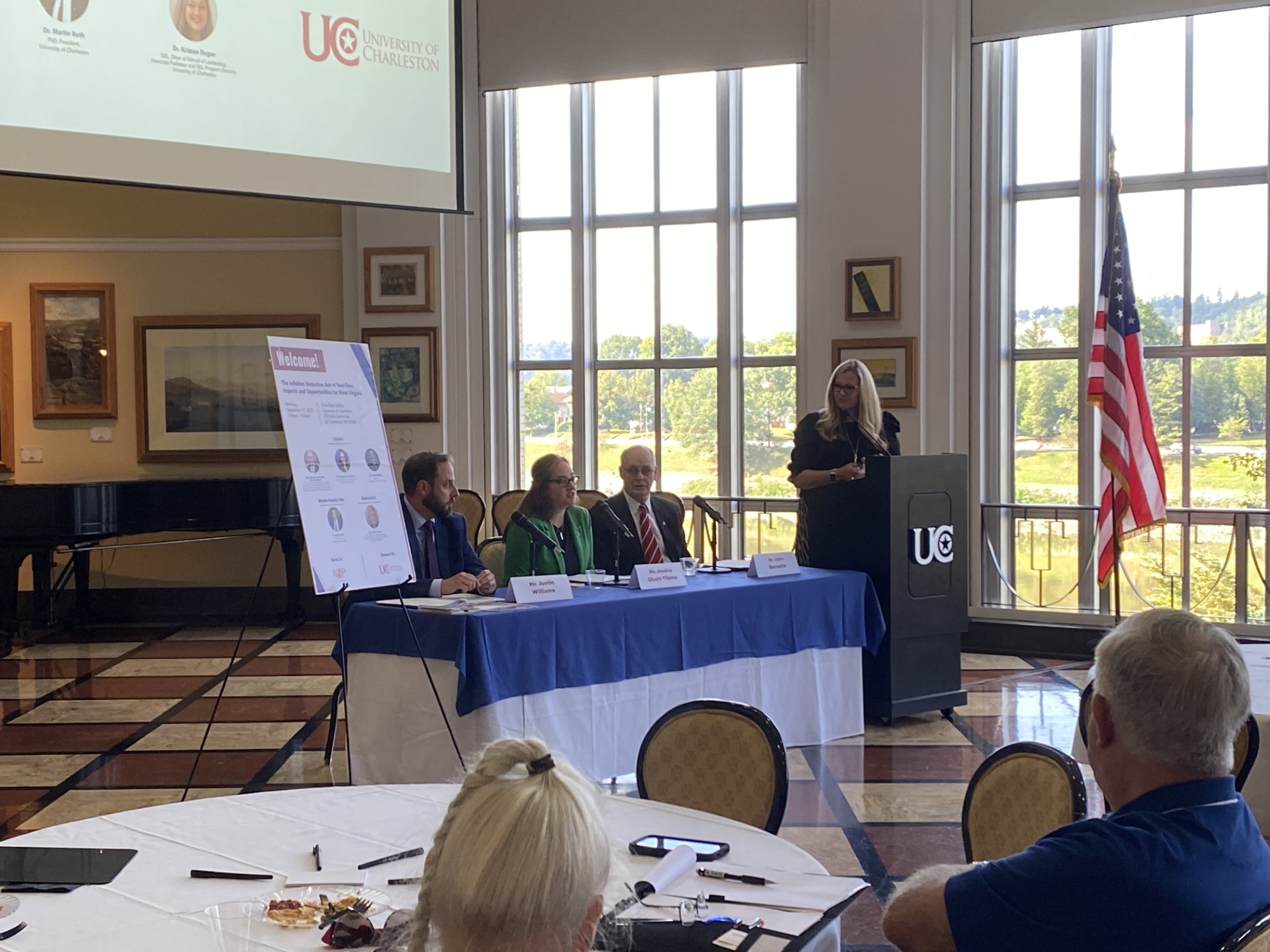
On September 11, 2023, the American Security Project (ASP) joined the University of Charleston (UC) to host a panel discussion on the Inflation Reduction Act’s (IRA) impact on West Virginia.Read more...
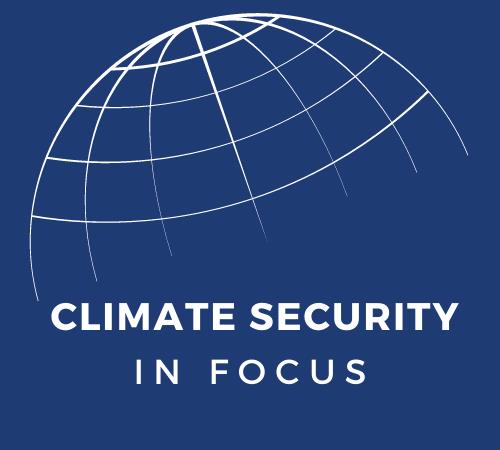
The electrification of defense vehicles means more than financial savings or emissions reductions—it’s a national security issue. Increasing electrification via electric vehicles (EVs) bolsters military readiness by addressing various threats from heavy reliance on fossil fuels both at home and abroad. Notwithstanding, the Pentagon’s critical efforts to transition to EVs were nearly completely impeded by proposed amendments to the FY24 National Defense Authorization Act (NDAA). Read more...

Climate Security Programs Director Jessica Yllemo was interviewed at the DoD Climate Resilience Workshop on climate change as a threat multiplier. Read more...
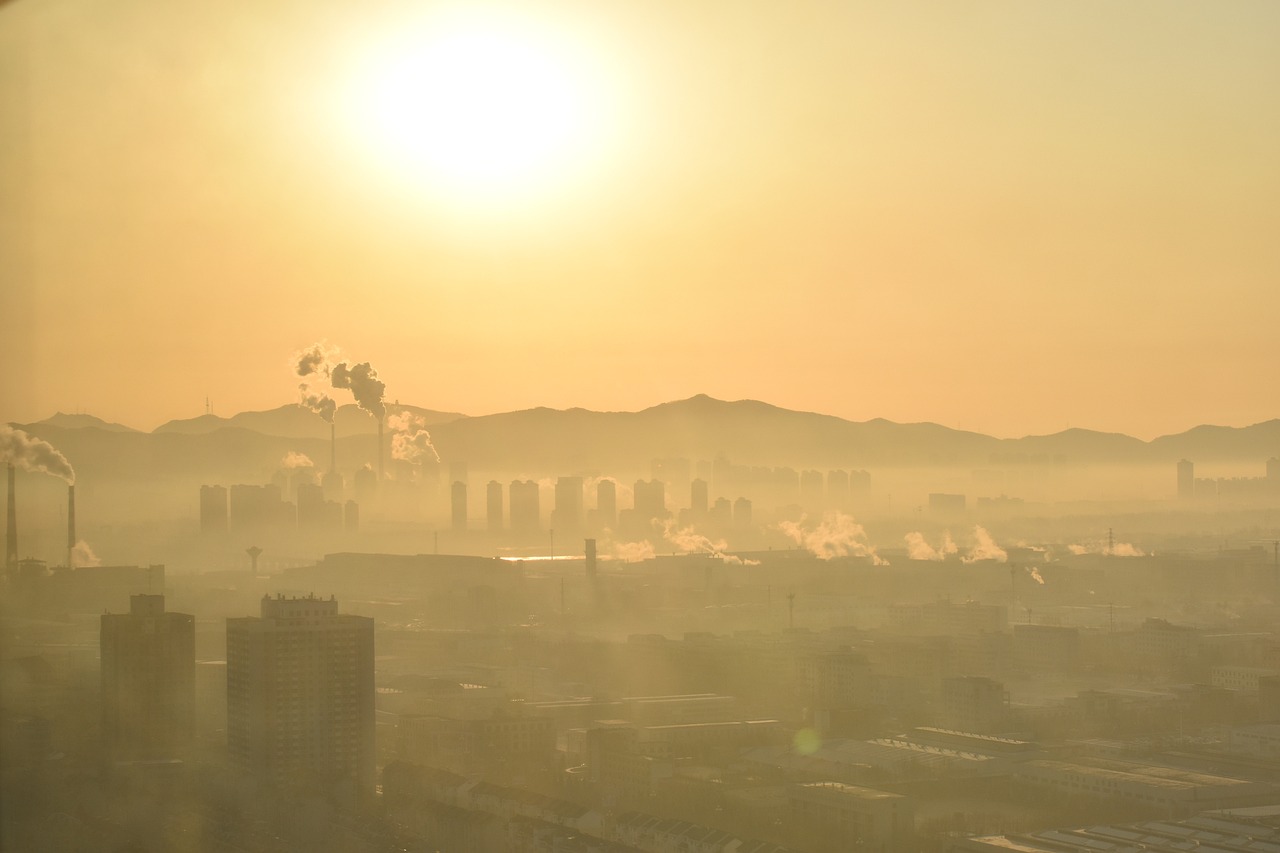
China’s global image has been branded the “worst” in many decades—particularly due to inadequate action on climate change—and a slowing economic engine contrasts with the U.S.’s climate action both globally and nationally.Read more...